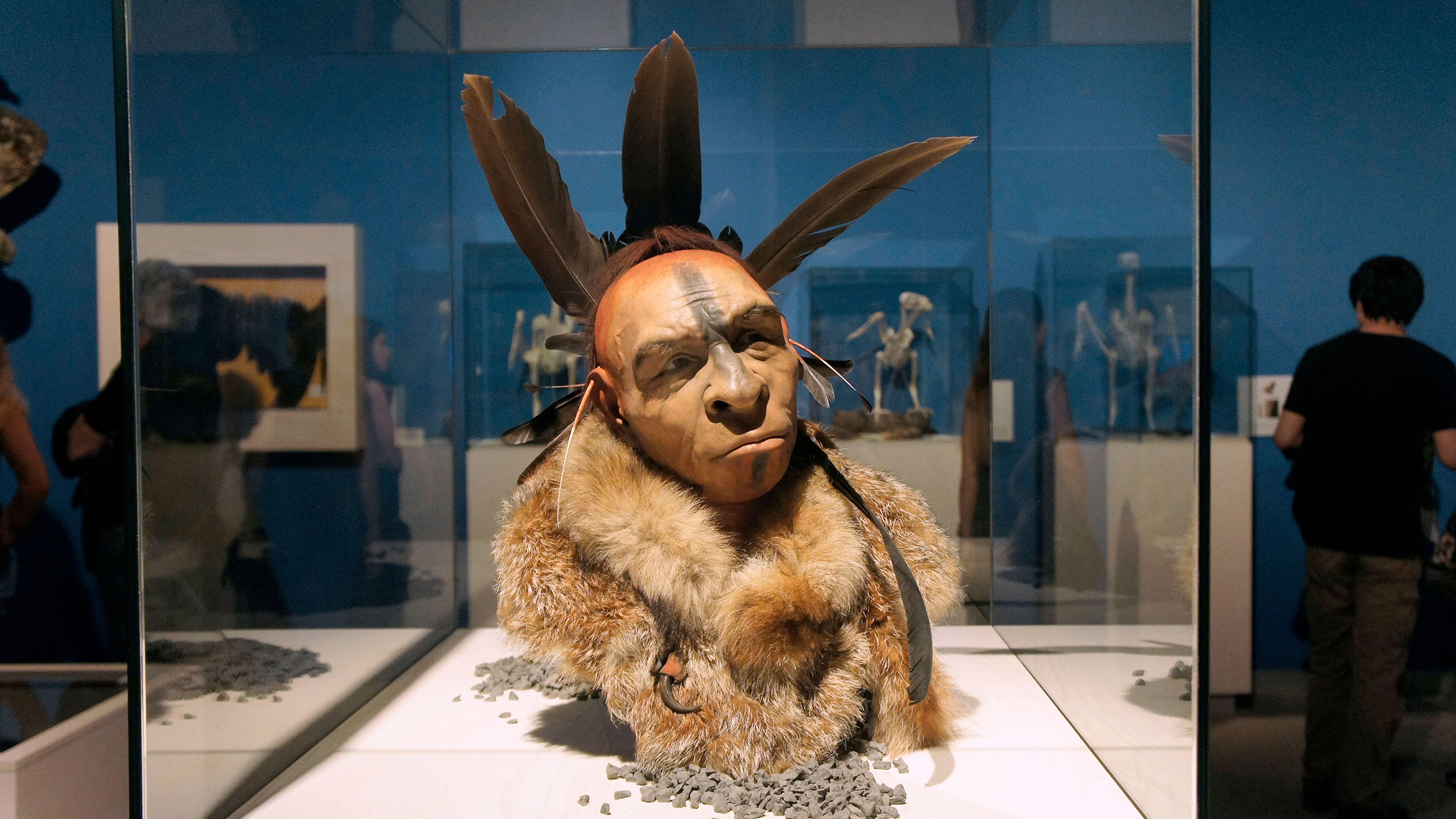By One Clear, Scientific Measure, Dogs and Cats Love Like Humans Do

Oxytocin is a hormone that all people make when they feel love and human connection. But it turns out that we’re not the only ones. Animals also produce the chemical compound when they feel connected to other living creatures.
While it may seem that humans and dogs (even cats) would produce oxytocin in their interactions with one another, Claremont University researchers found that 30 percent of the time human Oxytocin levels increased when people interacted with dogs, while interactions with cats were a close second. Most surprisingly, however, animals are more likely to produce it when they are around other animals. In one case study, a goat was thought to be in love with a dog and the dog considered the goat a very good friend.
While we may have cognitive dissonance about animal feelings when we eat a steak, Americans may be catching up to their attachment to animals: Recent data has shown that we are eating less and less meat every year.
Although it isn’t too surprising that cats and dogs feel a neurological connection to us, it is remarkable that animals across species feel the same intensity of feeling about one another. It’s even been argued that all animals are sentient, feeling animals. Even octopuses — invertebrates — play and show affection.
While we may have cognitive dissonance about animal feelings when we eat a steak, Americans may be catching up to their attachment to animals: Recent data has shown that we are eating less and less meat every year. Maybe our attachment to Spot and Mittens is translating over into our empathy with the great animal population. Let’s hope — sympathizing with animals could not only positively affect climate change, but also potentially help us live longer.
NYU philosopher Dale Jamieson poses fundamental questions about human and animal rights.
—
Daphne Muller is a New York City-based writer who has written for Salon, Ms. Magazine, The Huffington Post, and reviewed books for ELLE and Publishers Weekly. Most recently, she completed a novel and screenplay. You can follow her on Instagram @daphonay and on Twitter @DaphneEMuller.





